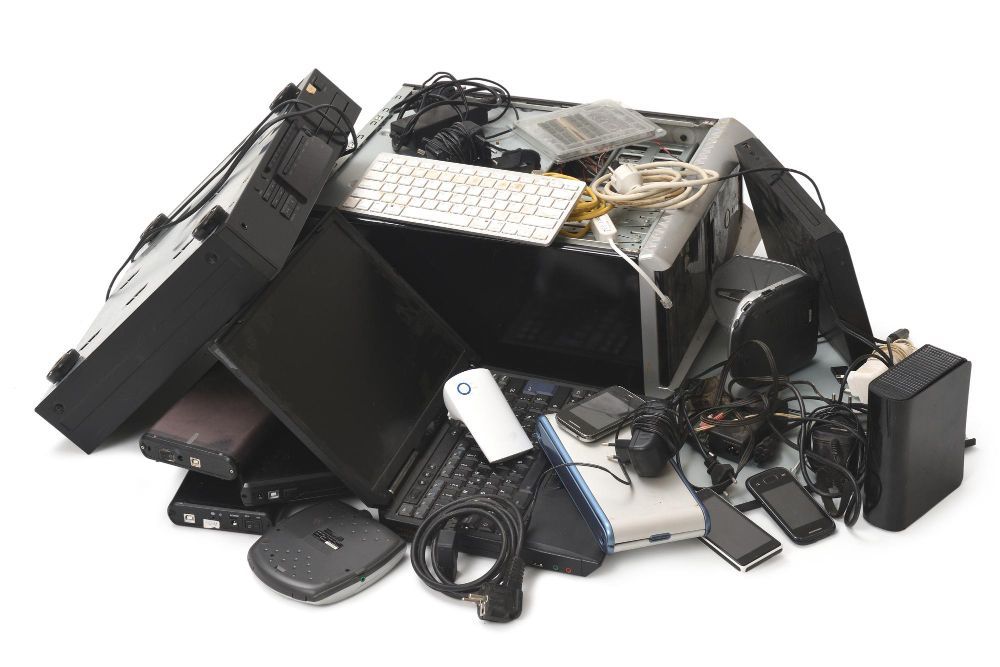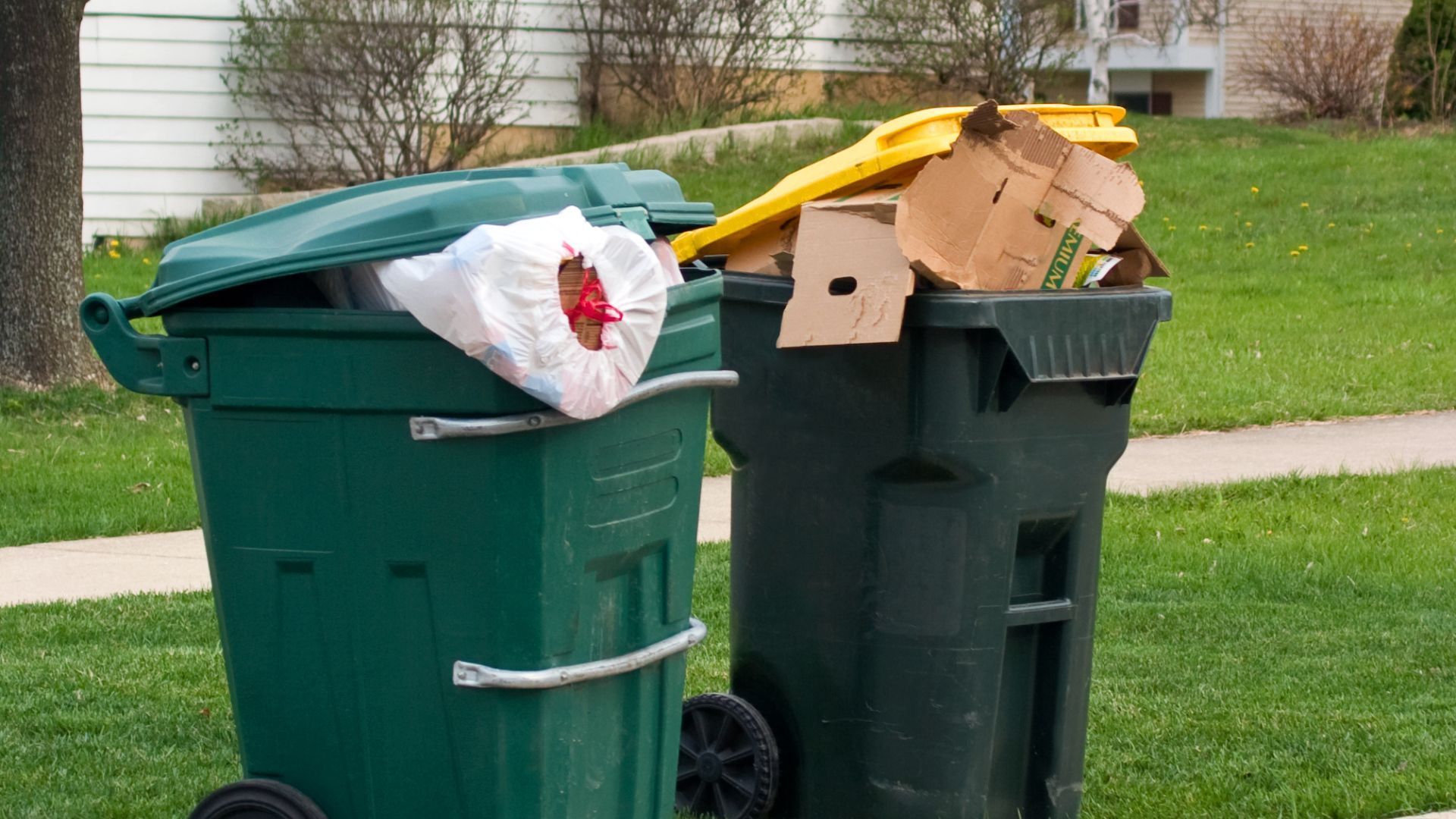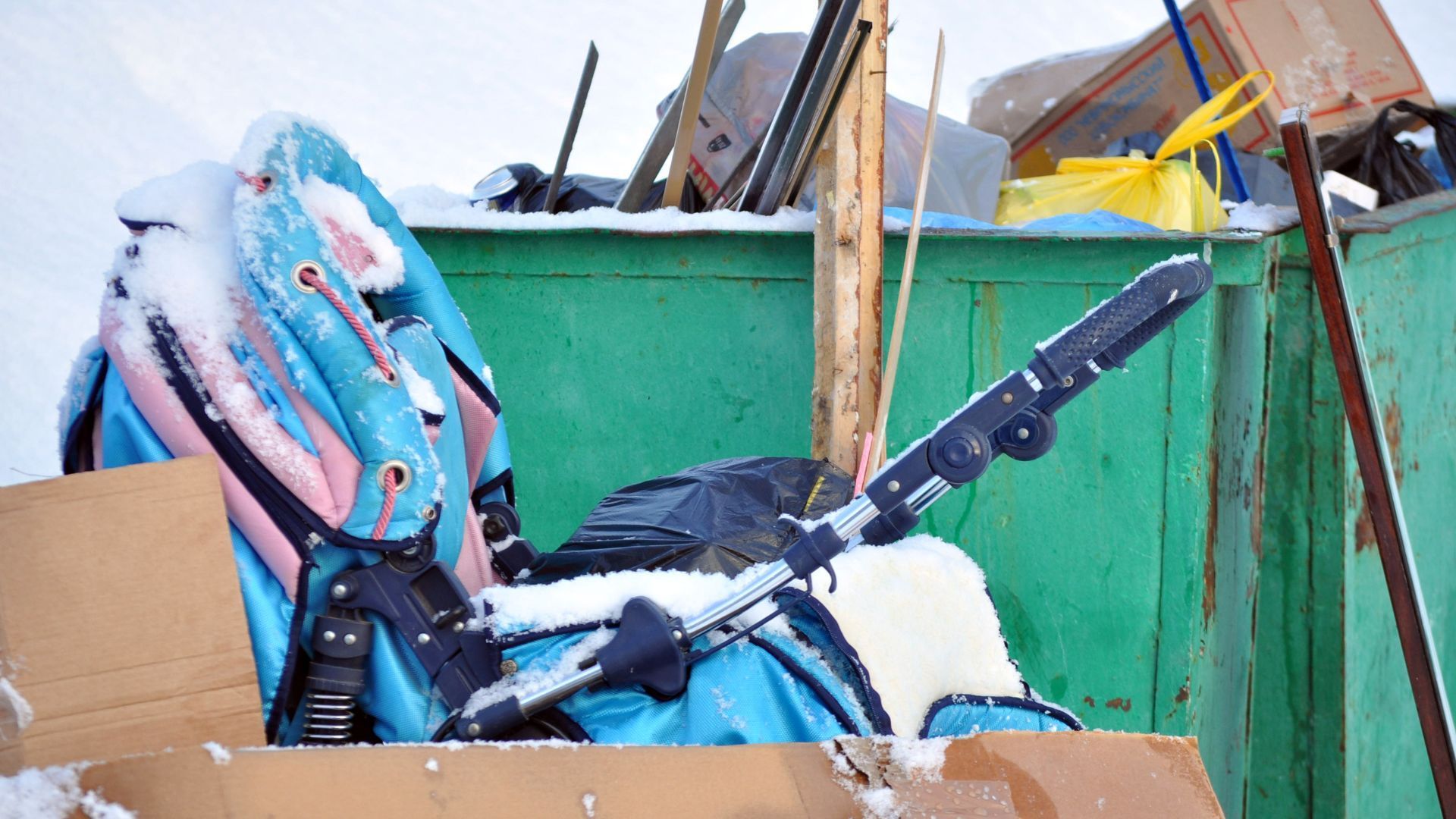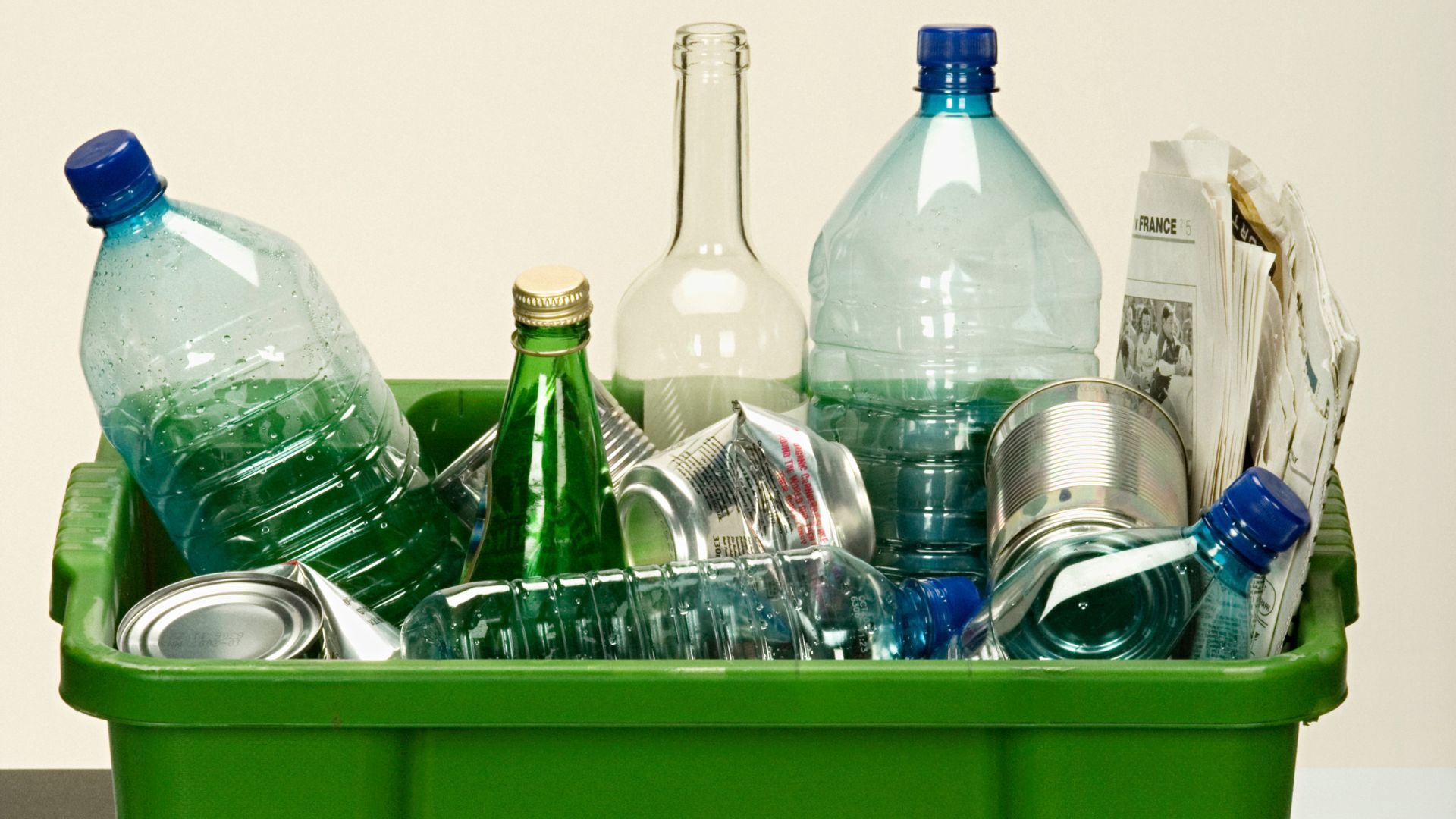How E-Waste Disposal Augusta Helps the Environment
Every day, homes and businesses in Augusta retire old electronics—forgotten smartphones, outdated printers, dusty monitors—without much thought. Yet behind the plastic shells and blinking lights lies a mounting issue few truly recognize: electronic waste, or e‑waste. As technology evolves at a breakneck pace, the lifespan of gadgets shortens, leading to a quiet flood of discarded devices that can pose grave threats to the environment if not handled responsibly.
What happens when these gadgets are improperly dumped? Toxic metals seep into the soil. Valuable resources are lost forever. Wildlife, water, and even human health suffer downstream consequences. But there’s a better path—one rooted in awareness, community action, and smart local solutions. In Augusta, e‑waste disposal is more than a cleanup job; it’s a chance to regenerate, protect, and lead. This article unpacks how thoughtful e‑waste disposal not only helps the planet but empowers the entire region toward a cleaner, more sustainable future.
The Growing Wave of E‑Waste and Its Hidden Risks
In a world where gadgets proliferate, electronic waste is now on a fast track to overwhelm local disposal systems. Everyday devices like smartphones, laptops, and TVs, once deemed innocuous, conceal a toxic blend of lead, mercury, and cadmium. When chucked into standard trash, these elements don’t vanish—they seep. Rainwater dormantly turns landfills into slow-brewing chemical cocktails that—over time—percolate through soil and taint underground water tables, threatening Augusta’s ecosystems and public health.
Yet, beneath that grim picture lies an opportunity for change. Instead of permanent burial, these gadgets can become treasure troves. Inside them lurk precious metals—gold, copper, silver—eager for second life. When reclaimed, they slash the need for raw material mining, conserve energy, and cut harmful carbon emissions. By viewing e‑waste not as garbage but as a resource, Augusta residents can transform disposal into a sustainable cycle, reclaiming value and health for the environment.
Turning Awareness into Action: Building a Community-Driven Solution
Embracing this shift toward responsible e-waste disposal isn't just about individual habits—it’s about creating a cultural norm grounded in awareness, accessibility, and accountability. For residents of Augusta, the journey starts with recognizing that outdated electronics aren't useless clutter, but rather untapped resources with the potential to do good. That realization must be supported by education campaigns, public outreach, and readily available information about the risks of improper disposal and the long-term benefits of proper recycling.
Of course, awareness alone won't drive change. It must be paired with accessible infrastructure and consistent opportunities for participation. Local recycling drop-off points, scheduled collection events, and partnerships with certified handlers provide tangible pathways for citizens to act on their knowledge. When communities have reliable systems in place—and trust that their e-waste will be handled ethically and securely—they’re more likely to engage.
Why Convenience Often Trumps Conscience
It’s human nature: routine rules, and if there’s no visible, easy way to recycle electronics, most of us toss them like regular trash. Misconceptions multiply—people believe that outdated gadgets are harmless or that thrift-shop drop-offs automatically handle everything. Add privacy fears to the mix—no one wants their personal data exposed—and it’s easy to see why e‑waste ends up in the wrong place.
But when convenient, certified disposal options are laid out clearly, behavior shifts. Augmented awareness of local recycling centers or collection events means less guesswork. Provide secure data-wiping or destruction services, and suddenly personal info isn’t a barrier anymore.Communities thrive when transparency aligns with ease. As more people see clear routes and trusted processes, convenience gives way to conscious disposal—a powerful cultural leap toward ecosystem care.
The Cultural Shift Toward Responsible Disposal
Communities benefit immensely from the shift toward responsible and accessible e-waste disposal. When people are given clear, trustworthy systems to handle their electronics—whether that means well-marked drop-off centers, mobile pick-up options, or informative guides—they begin to engage with the process on a deeper level. No longer is disposal an afterthought; it becomes an active, intentional decision. In this way, individual actions multiply in effect. One person recycling their phone may seem small, but when a community repeats that act a thousand times over, the result is measurable—less pollution, more reusable materials, and a significantly lighter footprint on the local ecosystem.
What truly drives this transformation, however, isn’t force or pressure—it’s trust and transparency. When residents see that e-waste is handled securely, ethically, and locally, participation naturally increases. Clear steps, verified methods, and visible results empower people to do their part. They no longer feel uncertain about what happens to their devices once handed over. That clarity makes all the difference. It reinforces the idea that their efforts aren’t lost in the system—they’re building something real.

Recognizing Every Piece of E‑Waste
Most people correctly identify their old phone or laptop as e‑waste, but the list goes on. Household items like microwaves, hair dryers, routers—even toothbrushes with circuits—become invisible pollution if discarded wrongly. Every item with a battery, circuit board, or power cord contributes to quiet environmental damage.
Understanding this breadth of e‑waste empowers smart choices. Business-grade gadgets—scanners, servers, security cameras—sneak into landfills if not handled with care. Awareness means proactive steps: setting aside odd electronics in drawers, labeling them, and delivering them to certified centers. Such habits build a habit loop of responsibility. As each device is diverted from typical refuse, the quality of local waste streams improves, and Augusta inches closer to a sustainable standard.
The Human Toll: Why E‑Waste Affects Us All
It may surprise some, but the contaminants from e‑waste don’t stay buried—they wend their way toward people. Lead and cadmium breach water sources; mercury floats as fine dust. In residential zones mirroring Augusta's layout, these pollutants don’t just linger—they get into bodies, endangering brain development, kidney function, and even raising cancer risks.
Children and expectant mothers are most vulnerable, with long-term exposure often silent until harm is done. Even indoor storage of unwanted electronics poses risks—slow internal breakdown of components releases toxins into homes. But proper disposal—securing data, isolating hazards, working with certified handlers—cuts that chain. E‑waste programs aren’t just technical; they’re protective measures for human life. Augusta’s residents can treat their disposal choices as local health interventions, reducing community-wide exposure by simply sending gadgets to the right endpoints.
State of Play: Augusta’s Role in Smart E‑Waste Management
Augusta stands at a turning point, its technological growth demanding modern, sustainable disposal strategies. Local services have begun catching up, offering collection events and certified drop-off centers, guided by tightening state and federal rules. Yet without active participation, the system stalls.
Communities fuel momentum—not laws alone. When locals annually gather for e‑waste drives or lobby for better policies, Augusta gains momentum. Public pressure opens doors: streamlined drop-offs, secure data-wipe guarantees, and more. As each person brings in old devices, they contribute to ripple effects—launching job creation in recycling facilities, supporting local green tech, and forging a culture of consciousness around disposal. Every mobile phone or monitor given a second life brings Augusta closer to being a model for sustainable cities.
The Economic Upside of Local Recycling
A hidden benefit of e‑waste disposal is green job creation. Recycling centers staffed by skilled technicians dismantle devices, sort materials, and manage hazardous streams. That translates into economic vitality through paychecks and local investment, building a virtuous cycle of prosperity.
Extracted metals—copper, gold, silver—feed manufacturers and reduce demand for mining. They save energy and emissions while strengthening Augusta's economy. These tangible returns change recycling from a moral duty to a shared financial opportunity. Investing in local e‑waste infrastructure is not just ecological—it’s economic foresight, reinforcing community sustainability and growth in tandem.
Data Security: A Non‑Negotiable in E‑Waste Disposal
When IT gear is retired, it often carries private records—emails, transactions, personal data. Tossing these devices unprocessed risks identity theft or corporate embarrassment. That’s why certified e‑waste channels offer secure data destruction.
They issue certificates after secure wiping or physical drive shredding. Augusta users can rely on these assurances—and eliminate a major worry. Whether individuals concerned about banking info or businesses protecting company secrets, data-safe disposal bridges convenience with confidentiality. Secure handling isn’t an add‑on—it’s central. Trusted e‑waste providers make closing the loop safe for everyone.
Green Tech & Policy: Paving the Way Forward
The era of green tech in disposal has begun. Urban mining—extracting rare metals from old electronics—is reshaping recycling. As Augusta adopts these methods, landfills lighten and recycling becomes profitable.
Regulatory frameworks support the shift. Georgia’s ordinances and manufacturer take‑back programs ensure responsible handovers. Property owners, businesses, and households are nudged toward certified channels—not by coercion but by design. Together, green tech and comprehensive policies form a two‑pronged strategy. They make it easier, more rewarding, and fully aligned with future sustainability goals.
Building a Sustainable Habit: What You Can Do
Take it in steps. Start by sorting e‑waste separately at home or office. Label old phones and gadgets, and drop them at certified collection points instead of the trash. Many Augusta providers and events make the swap simple.
Spread the word. When you ask neighbors, coworkers, or friends to join, you multiply impact. Suggest local drives, secure-wipe pilots, or lobbying campaigns. Community engagement normalizes sustainable disposal. Before long, discarding e‑waste via household bins feels as strange as tossing toxic paint into storm drains. Small, mindful actions add up—together, Augusta can reshape disposal norms and safeguard its future.
Conclusion
By forging local e‑waste disposal as a habitual, educated choice, Augusta cultivates a healthier environment, economy, and community. From protecting water systems to securing personal data, each responsibly recycled device makes a difference. Harnessing certified disposal channels, championing local policy, and sharing knowledge are the seeds of a sustainable legacy. What begins with one phone or laptop can bloom into a greener, safer Augusta. For those seeking a trusted partner in responsible e‑waste removal, you can reach out to Hinkins Disposal, located in Augusta, GA. Contact them at (706) 885‑4032 or via email at Hinkinsdisposal@gmail.com.




